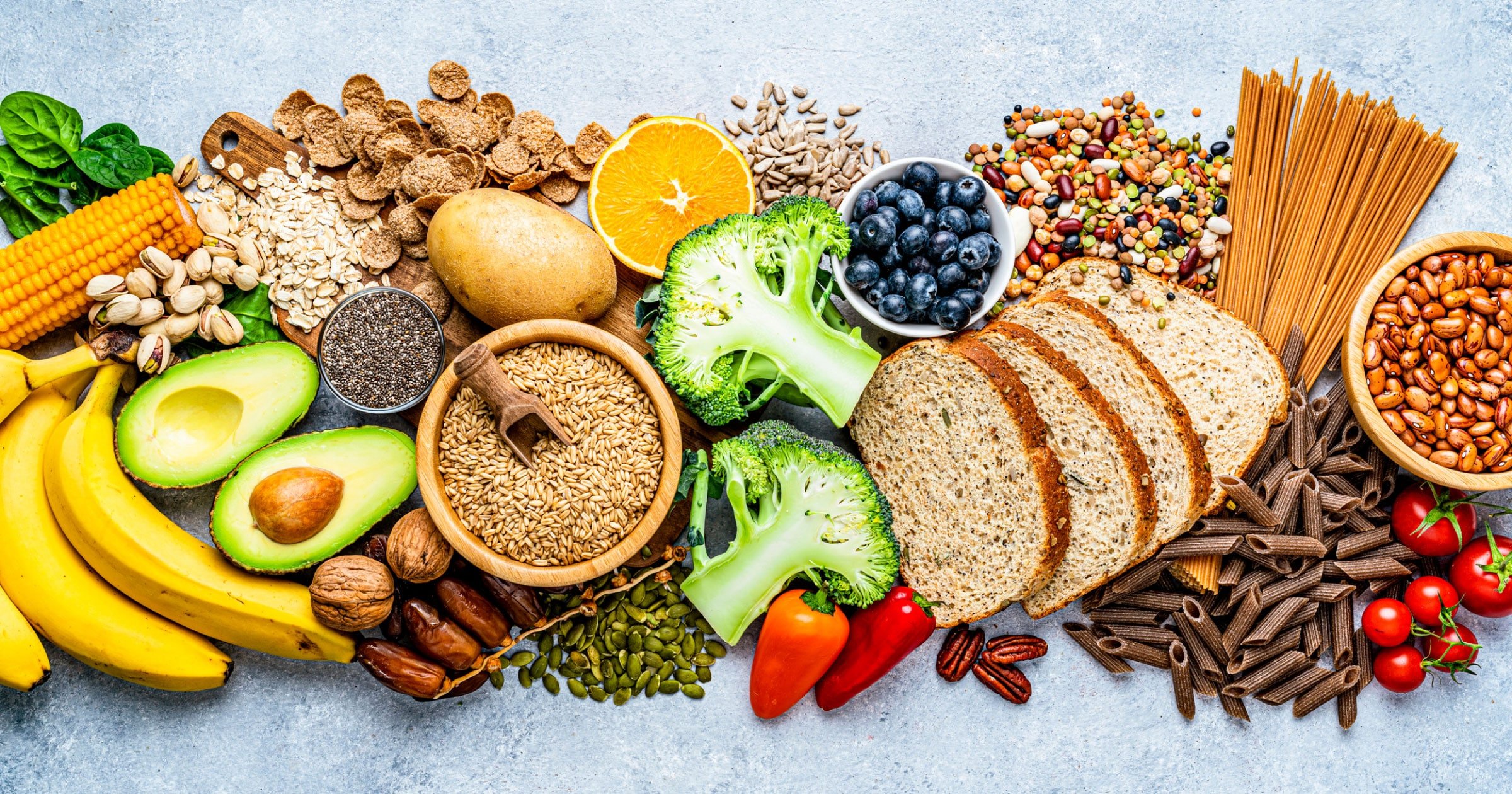Nutrition is the foundation of good health, but even the healthiest diet can fall short on certain nutrients—sometimes called shortfall nutrients. In fact, research shows that many Americans are well-fed but undernourished. The Standard American Diet is full of highly processed, low-nutrient food and isn’t doing us many favors.
When you’re trying to conceive, your overall health is more important than ever. Pregnancy can be hard on the body, and those foundational nutrients can help prepare your body for a healthy pregnancy. Being aware of the most common shortfall nutrients will provide you with a place to begin a discussion with your physician. Together, you can determine a plan to address them.
Here are the top five shortfall nutrients and some strategies for ensuring you get enough of these essential vitamins and minerals.
Five Common Shortfall Nutrients
Vitamin D
This essential vitamin plays a critical role in bone health (because it’s necessary for calcium absorption) and immune function (because it can modulate the immune response). Unfortunately, many people don't get enough vitamin D, which is caused by two primary factors:
- People who live in northern latitudes don’t typically spend as much time in the sun due to weather conditions.
- This fat-soluble vitamin isn’t found in high amounts in many foods, so even if you’re eating a balanced diet, you still may need a supplement to maintain recommended vitamin D levels.
Vitamin D deficiency is extremely common. According to the most recent National Institutes of Health (NIH) data, up to 95% of adults in the U.S. may be deficient in vitamin D.
To increase your intake, try spending more time in the sun, eating foods that are high in vitamin D, like fatty fish and fortified dairy products, and consider taking a supplement.
Magnesium
This mineral is involved in over 300 biochemical reactions in the body, including energy metabolism, muscle and nerve function, and bone health. Despite its importance, many people need more magnesium in their diet, with some estimates suggesting that about 50% of American adults may be deficient.
To increase your intake, try eating more magnesium-rich foods like leafy greens, nuts, and whole grains, or consider taking a supplement.
Vitamin B12
This essential vitamin is vital for brain health, nerve function, and the production of red blood cells. Vitamin B12 even plays a role in building your DNA.
However, it's mostly found in animal products like meat, fish, and dairy. This means vegetarians and vegans are at particular risk of a B12 deficiency. In fact, up to 87% of vegetarians may be deficient in vitamin B12.
To increase your B12 intake, eat fortified plant-based products like soy milk and specially marked cereal, or consider taking a supplement.
Iron
Iron is essential for many reasons, including its role in producing hemoglobin—a protein that helps red blood cells carry oxygen throughout the body—and its contribution to growth and development. However, many Americans don't get enough iron in their diet, especially menstruating and pregnant women. A recent study from the Journal of the American Medical Association (JAMA) found that up to 39% of young women ages 12-21 may be deficient in iron—a condition we often see labeled as iron-deficiency anemia.
To increase your iron intake, try eating more nutrient-rich foods like red meat, poultry, fish, and leafy greens, or consider taking a supplement.
Calcium
This well-known mineral is critical in many areas, such as bone and dental health, muscle function, blood clotting, and nerve transmission. The body can get calcium in only two ways: through food or supplements or by siphoning it from itself.
Many people fall short of their recommended calcium intake, especially as they age. As kids, we drink a lot of milk, but we tend to drop that habit with age. More than 40% of the U.S. population is estimated to have a calcium deficiency, with postmenopausal women and people living in poverty most likely to be affected.
To increase your calcium intake, try eating more calcium-rich foods like dairy products, leafy greens, and fortified plant-based foods, or consider taking a supplement.
How to Get Started on Replacing Shortfall Nutrients
The primary source of nutrition should come from the food you eat, but sometimes—no matter what we do—we still have shortfall nutrients and we need a bit of a boost. In those cases, supplements can help balance our diet. (That’s why they’re called supplements!)
Discuss your nutrient levels with your clinician if you’re concerned about your nutrient levels. They can order blood tests to determine where you are and then help you plan to get back on track where needed. Before you start taking any supplements, always check with your healthcare practitioner.
And, of course, if you have any questions at all, you can always ask our pharmacy team!
